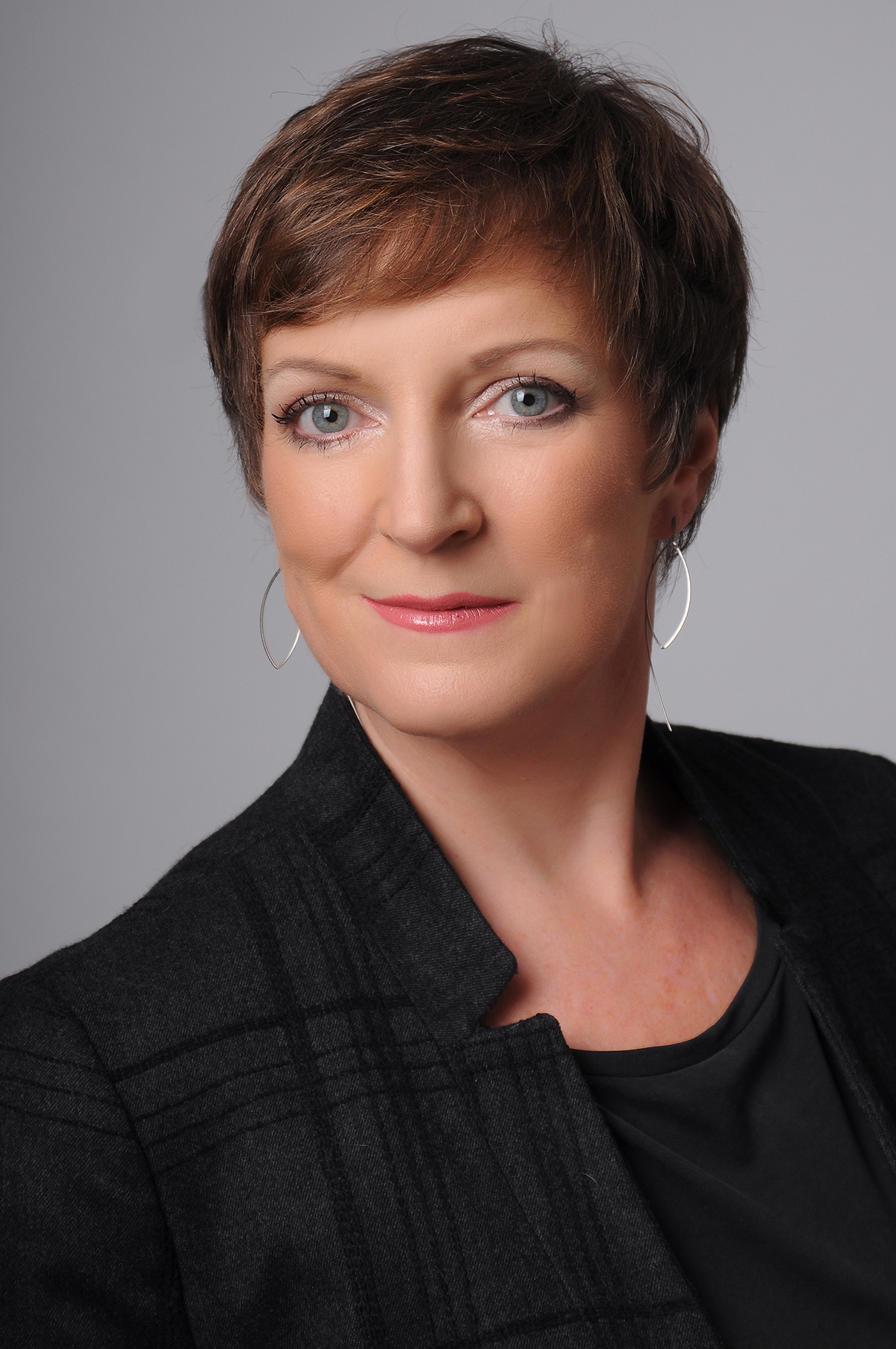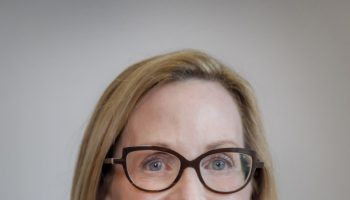The assumption that we are now in a “post-gender” cohort — that gender itself is irrelevant and that the gender battle is over — is misinformed.
So said 20-first CEO Avivah Wittenberg-Cox, a gender bilingualism and diversity expert, and the founder of the Chautauqua and the European Professional Women’s Networks.
At 9:15 a.m. on Tuesday at the Chautauqua Women’s Club, she will give an overview of the “Four Phases of Women’s Careers,” which are increasingly becoming as relevant to men as to women.
According to Wittenberg-Cox, based on the self-identifications on Facebook, there are now more than 50 gender identities. The need to be male or female — “binary” — is somewhat old-fashioned. The work world, however, has not at all kept pace with even gender balance between men and women.
As the 2016 U.S. presidential election demonstrated, “sexism is alive and well,” Wittenberg-Cox said. “It basically revealed the unconscious mind of a lot of people. What we thought had disappeared has been put very visibly forward, especially on things like gender and race.”

The impression that sexism had been slightly overcome, if not conquered, has been dislodged. The election was a wake-up call. Sexism is much more apparent, and progress on gender equality much more fragile, than many young people had believed.
Rather than being at the end of the gender balance journey, Wittenberg-Cox said we are still at the beginning. Because anything can be reversed, “vigilance and attention and intention” are needed. There is a long way to go and a lot of work to do.
The younger one is, the greater the disconnect.
“The more you think this issue is over, the more shocked you are,” Wittenberg-Cox said. “What we have done is we’ve delayed the shock, so you don’t hit this kind of gender shock in your teens or 20s anymore, as you’re getting into school.”
In her overview, Wittenberg-Cox will identify and describe the archetypal phases of women’s careers in a world in which lives are lengthening. She will explore how these four key phases — beginning at age 20 — may evolve in a more gender-balanced world, and discuss what women at every age and career stage should know in order to ease their transitions and meet a range of goals.
“I’ll describe what (these phases are) like from most women’s perspective, how (they’re) perceived from the company side, where those things are in conflict or mismatch, and how to navigate (them) a little bit better,” Wittenberg-Cox said.
By understanding this career arc and longer planning horizon, women can be more strategic and tactical about doing things in their 20s, 30s, 40s, and 50s-plus, and manage them more stably.
Although companies are realizing that the women’s career cycle is slightly different than men’s, younger men (in their 20s to 40s) are much more family oriented than prior generations, and they also want some breathing room for parenting. Because of this, Wittenberg-Cox said their careers will look more like women’s traditionally have.
“I call it a ‘women’s career cycle,’ but it’s actually going to be the future of career management,” she said. “It is more flexible and whole.”
Progressive men have been “coming out of the closet” on gender issues.
“They didn’t think they had to, but this is kind of a turning point,” Wittenberg-Cox said. “They realize they have to contribute to making (gender equality) happen, and it’s not just a women’s issue. It becomes an issue for every man on the planet who wants the world to be more balanced, more fair and more equitable.”
Working well into one’s 70s is becoming more typical, as life expectancy is increasing significantly among those with higher levels of education. With the elongation of the career cycle, the issue of women having children is becoming a smaller and smaller part of it, Wittenberg-Cox said.
For organizations to still be making a big deal of women pausing work for a couple of years makes even less sense to her because in a 50-year career, that time will be relatively insignificant.
“We all have family care issues,” Wittenberg-Cox said. “That’s new, too. That so many people have elder care issues is something companies have to take into account. So it’s a multiplicity of different events that require flexibility. It’s no longer just women, just child care. It’s increasingly everybody on all different forms of life.”
For Wittenberg-Cox, the concept of “work-life balance” is also obsolete. Work is not an oppositional force for most educated people; it’s a passion.
“I would argue that there’s a more holistic way to approach life and its key dimensions,” she said.
The catch here is that in the United States, too few men are going to college.
Wittenberg-Cox sees a catastrophe in the making because most women want to marry a man who is at least as educated as they are, yet the United States is heading into a world of overeducated women and undereducated men. In countries where women have been working and men have not, such as Japan and Russia, there has been a significant disbalance.
Nearing the other end of the age spectrum, Wittenberg-Cox sees “50-plus” as being the best career years for emerging power women — those who are highly educated with good careers behind them.
“They suddenly take off in their 50s because they’re needed, companies (that are trying to ‘gender balance’) want them, there’s a huge amount of opportunity, there aren’t that many women in the room, their kids are off, and their husbands are retired and will follow them with a suitcase,” she said.




